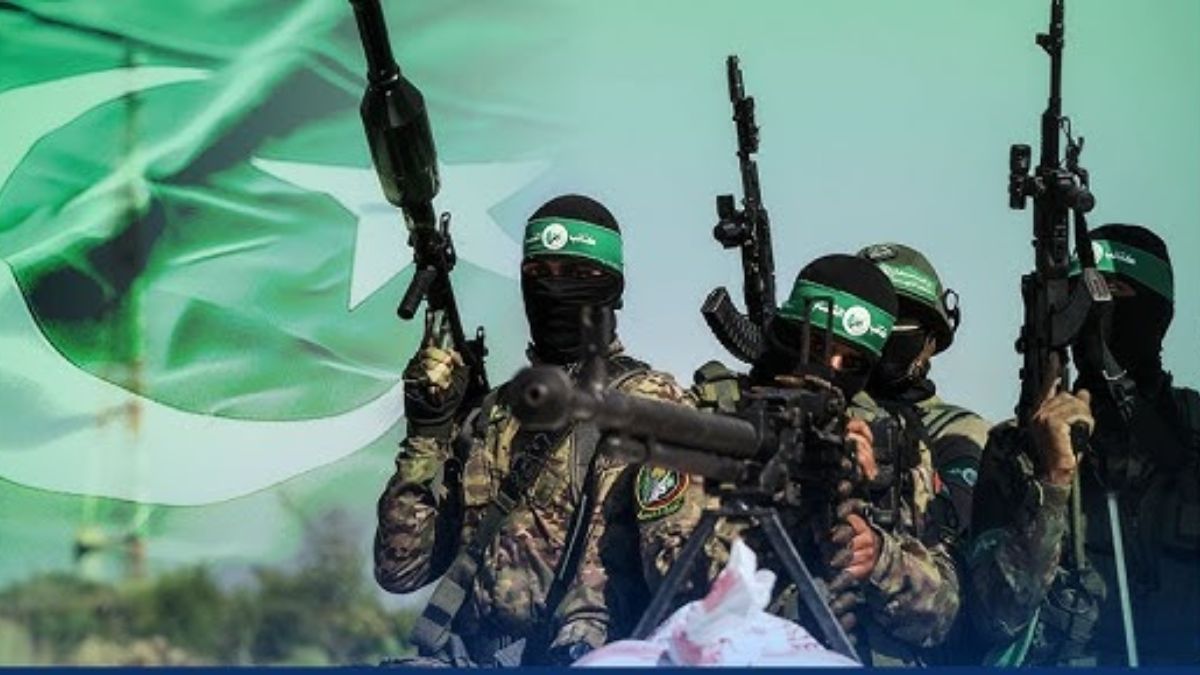Pakistan on Friday said that its investigation into the April 22 killing of 26 civilians in India’s Jammu and Kashmir’s Pahalgam remains inconclusive even as the United States designated the suspected group behind the killings a global terrorist entity.
Pakistan’s foreign office’s statement added to a pattern of stalled probes and denied links, even as the international community points fingers at groups long linked to Pakistan’s militant networks. The group in question- The Resistance Front (TRF) also known as Kashmir Resistance was formally blacklisted by the US on Thursday as a “foreign terrorist organisation” and a “specially designated global terrorist.”
In a statement issued by US Secretary of State Marco Rubio, it was acknowledged that TRF claimed responsibility for the terror attack that claimed the lives of 26 people and triggered the 4-day military escalation between India and Pakistan. In light of this, the US accorded the group as a Foreign Terrorist Organisation (FTO) and Specially Designated Global Terrorist (SDGT).
Pakistan’s foreign ministry rejected the allegations, stating that any link between TRF and LeT “belies ground realities” and insisting that LeT was “a defunct group” that had already been banned in Pakistan. “Pakistan has a zero-tolerance policy for militancy,” the statement said, while acknowledging that investigations into the Pahalgam attack remain inconclusive.
The ministry also claimed Pakistan had dismantled all relevant organisations, prosecuted their leaders, and de-radicalised their cadres. At the same time, it accused India of manipulating such global terror designations to drive “anti-Pakistan propaganda”.
Impact Shorts
More ShortsIndian authorities, however, maintain that TRF is simply LeT by another name, and was directly responsible for the coordinated and brutal assault in April. They argued that the group’s quick claim of responsibility — later deleted — was consistent with a longstanding pattern where militant outfits try to obscure operational footprints while receiving support from across the border.
The April attack sparked heavy fighting between nuclear-armed neighbours India and Pakistan in the latest escalation of a decades-old rivalry. New Delhi blamed the attack on Pakistan, which denied responsibility while calling for a neutral investigation.
Washington’s TRF designation signals support for New Delhi
Michael Kugelman, a Washington-based South Asia analyst and writer for Foreign Policy magazine, said in designating TRF, “Washington is flagging its concern about the terrorist attack that provoked the recent India-Pakistan conflict, and siding with New Delhi’s view that the group is linked to Lashkar-e-Taiba."
He added: “This can be a shot in the arm for a U.S.-India relationship looking to rebound after a few tough months."
On May 7, Indian jets bombed sites across the border that New Delhi described as “terrorist infrastructure,” setting off an exchange of attacks between the two countries by fighter jets, missiles, drones, and artillery that killed dozens until a ceasefire on May 10.
The ceasefire was first announced by Trump on social media after Washington held talks with both sides, but India has differed with Trump’s claims that it resulted from his intervention and his threats to sever trade talks.
India’s position has been that New Delhi and Islamabad must resolve their problems directly and with no outside involvement.
India is an increasingly important U.S. partner in Washington’s effort to counter China’s rising influence in Asia, while Pakistan is a U.S. ally.
Both Hindu-majority India and Islamic Pakistan claim Muslim-majority Kashmir in full while ruling only parts of the Himalayan territory, over which they have also fought wars.
With inputs from agencies


)

)
)
)
)
)
)
)
)



